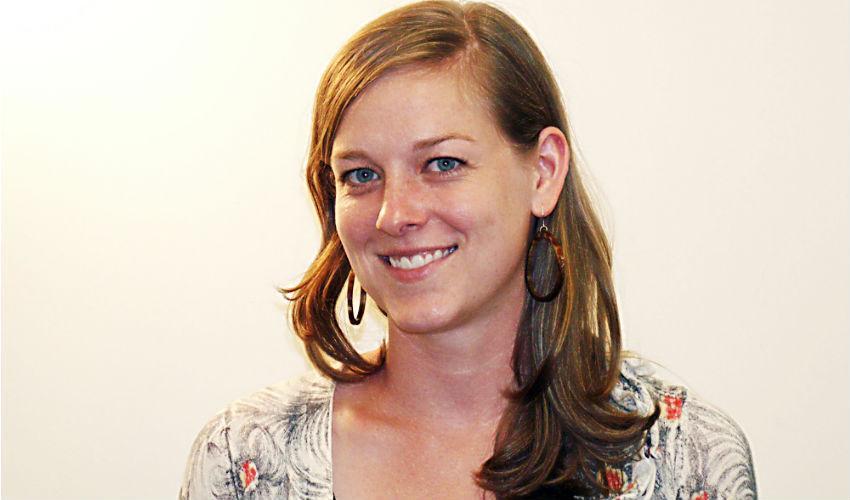
Sara Lowes, a Development Economist Focused on the Long Run
DURING HER PHD AT HARVARD THE NEW ASSISTANT PROFESSOR AT THE DEPARTMENT OF ECONOMICS ADOPTED A HISTORICAL PERSPECTIVEThe first thing you notice when you open her website is a photograph taken in Uganda: a man rides a bicycle, seven boys and girls wander mostly barefoot, the color of the land is shockingly orange. Sara Lowes has been there. Her research interests lie at the intersection of development economics, political economy and economic history. So she usually spends three months a year abroad to do data collecting and research in Uganda, Congo, Vietnam. Starting from September 1st, she will join the Department of Economics as Assistant Professor, teaching Economic Development to undergraduate students.
Sara Lowes was born in Texas. She graduated at the Middlebury College, in Vermont, where she became enthralled by Economics. “I liked the analytic thinking behind it. It gave me the framework to understand the real world”. Being interested in development economics, she spent a couple of years working in various positions in Vietnam and Uganda for an organization that evaluated development programs. “These experiences made me understand what it means to be a development economist”, she says. In 2014 she obtained a master’s degree at Harvard, where she stayed for a PhD in Political Economy and Government. “Taking classes with my advisors Nathan Nunn and James A. Robinson made me appreciate the historical prospective and gave me the will to understand long running patterns in development”.
Sara Lowes investigates if and how the variation of cultural practices and institutions matters for long run development and how the colonial experience shaped the way the society is organized today. She has recently focused on the Democratic Republic of Congo. “The country is going through a decentralization process. I am currently trying to understand how this process matters for inter-ethnic cooperation. Another project is studying the concessions given by the Congo Free State to private companies that used extreme violent tactics to collect rubber. I have also compared the effects of patrilineal and matrilineal kinship systems on co-operation between spouses”.
by Claudio Todesco
